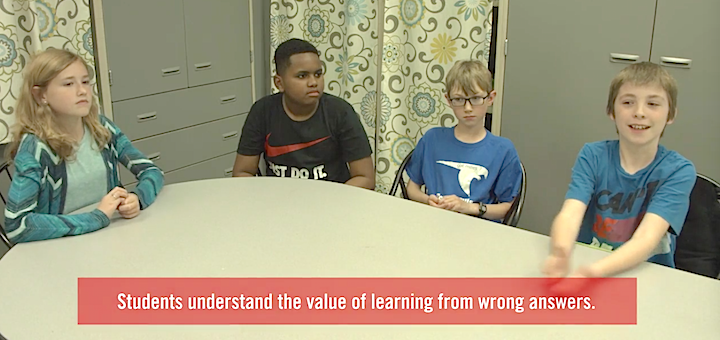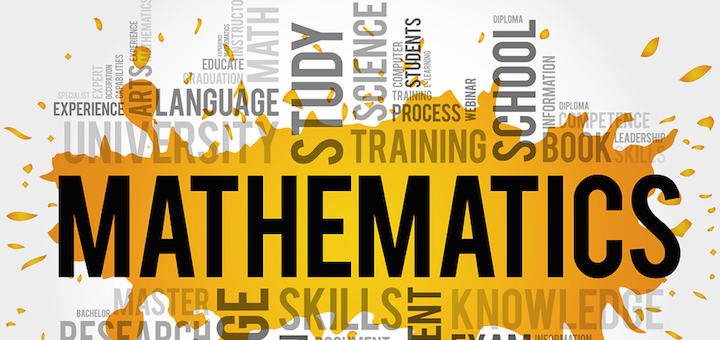How to Teach Empathy at Home and School
Arguing that empathy is composed of teachable habits that can be practiced and developed, Michele Borba offers parents and teachers many tools to help children grow in their awareness of the needs of others. Mary Thompson finds the age-aligned ideas helpful.
























